13 Nights / 14 Days
Package price : ₹140,000/- Per Person
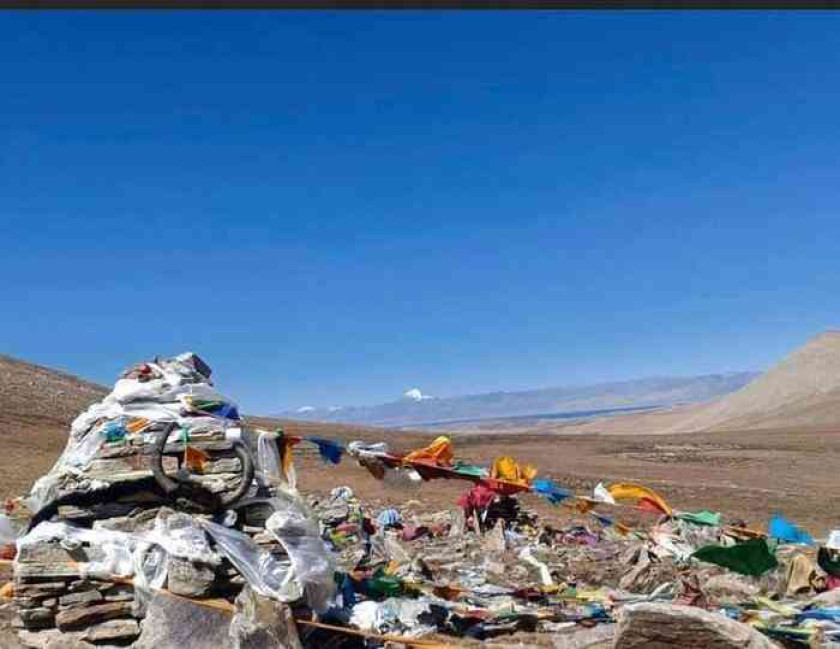
Simikot _ Limi – Lapcha Trek Kailash Darshan 2025
Duration: 13 Nights / 14 Days
Destination: Kathmandu - Simikot - Sally Khola Tent Camp - Salma Tents Camp - Phungsa Tent Camp - Tugling Tent Camp - Lapcha Tent Camp - Chansa
Day 1: Arrival Kathmandu transfer to hotel transfer to Hotel evening Pashupatinath arati darshan.
Day 2: After breakfast sightseeing tour to Pashupatinath and Jalnaraya an after lunch Fly to Nepaljunj stay at Hotel
Day 3: Fly to simikot and drive to Sally Khola tent camp 3 hrs drive
Day 4: Salma tents camp 6hrs walk
Day 5: Trek to Phungsa tent camp 6hrs walk
Day 6: Tugling tent camp 5 hrs walk
Day 7: Lapcha Tent camp 4 hrs walk today we will do Darshan at Kailash Manasarovar.
Day 8: Lapcha Tent camp: stay there and have darshan pooja etc and walk around and enjoy the Himalaya.
Day 9: Trek back to Tugling tent camp
Day 10: Trek back to Chansa
Day 11: trek to Salli khola and drive to Simikot stay at Hotel
Day 12: Early morning fly to Nepaljunj and fly to Kathmandu
Day 15: Take day in Kathmandu do shopping etc
Day 14: after breakfast departure transfer
Price per person For Indian Rs.35000 and Non Indian $.950
Day 14: Instant of Departure fly to Pokhara and transfer to the Hotel at Mt. Kailash resorts or similar after lunch pokhara sightseeing including Bindavasini mata temple , David fall , Mahadev cave and evening enjoy walk around Fewa lake and lake side market.
Day 15: Early morning fly to Jomsom 16 minute and drive to Muktinath temple 16 km, Have darshan pooja and drive back to Jomsom at night's halt.
Day 16: early morning fly back to Pokhara and drive back to Kathmandu on the way, visit Mata Manakamana temple , ride a cable car which is the best cable car in Asia after darshan, continue driving to Kathmandu and transfer to Hotel.
Day 17: After breakfast, the departure transfer trip concluded.
Above price Include: All meals, Permit flights tickets and required transport, Guide etc.
Above price Include:
All meals including Indian and western food veg, tents, sleeping mats, Sleeping bag, Kitchen and dining tents, chair and table, Toilets tents including Chair.
Nepalis trekking Guide, cooks required Sherpas, Donkeys for logistics and equipment and luggage carry.
Kathmandu – KEP – IMK – Kep – KTM flights , all Gov permits, Hotel accommodations as per program, all necessary transportations .
Above price not Including:
Tips, Travelers insurance, extra services
What is “Kailash Darshan from Limi‑Lapcha”?
“Darshan” here means viewing Mount Kailash (and often Lake Mansarovar) from a vantage point in Nepal without doing a full circumambulation (Parikrama) through Tibet.
Limi‑Lapcha route lies in the Humla district of Nepal. The spot is near Lapcha Pass, in remote Himalayan terrain.
When is the best time to go?
Tourist / viewing season is when the roads are passable — mainly from around late Spring through Autumn (e.g. Jestha to Kartik in Nepali calendar) when snow is cleared.
Winter months bring heavy snowfall; many routes become impassable.
How difficult / what is needed?
Altitude: Lapcha Pass is high (~4,900 m) in many itineraries.
Infrastructure is basic: limited lodges/guesthouses, remote terrain, rough roads. Travel times can be long.
Acclimatization is important. Physical fitness helps. Warm clothing and gear suitable for cold, possibly snowy, high‑altitude conditions are needed.
Costs, Permits, Logistics
Some tour packages list costs around INR 90,000 or more for Indian pilgrims via this route.
Permits needed within Nepal; since this is on Nepalese territory, Chinese Document / Tibet permits may not be required if one is only doing darshan from the Nepal side.
Travel starts from Nepalgunj or Simikot, with flights, off‑road driving, trekking, etc. Many itineraries are ~5‑6 days.
What you will see / how far is the view?
You can see Mt. Kailash clearly from Lapcha / Lapcha Pass. Also Lake Mansarovar in many views.
The distance between some points (e.g. Lapcha Pass) and Mansarovar / Kailash may still be several kilometers (~7 km from the lakeshore in some reports).
Risks / Challenges
Altitude sickness is possible because of high elevations; need to go slowly, acclimatize.
Weather can be unpredictable: snow, cold, road closures.
Remoteness: medical help, rescue, supplies are sparse; connectivity may be poor.
Physical fatigue from travel & terrain.
Booking Procedure of Kailash Manasarovar Yatra 2026
Booking your tour is simple and can be done online or offline. Just follow these steps:
== Fill the Inquiry Form: Submit your details through our "Enquiry Now" form, or connect via WhatsApp chat or Live Chat or alternatively, you can email us your tour requirements on sales@ntpgroups.com
== Consult with Our Travel Expert: One of our travel experts will contact you, understand your requirements, and create the perfect package for you.
== Confirm & Book: Once you are happy with the package - Provide the necessary information
Name:
Email address:
Contact number:
Address:
== For the confirmation: We will provide you with the Booking form of NTP Tourism Affairs Limited to complete the booking formalities.
== Make the Payment: Payment should be transacted with the preferred method in the name of “NTP Tourism Affairs Limited” only through bank transfers or cheque.
Payment Procedure
Initial Deposit of INR20,000 (Indian) for the tour confirmation
Balance Payment 30 days before the tour commencement
Cancellation Charges/ Refund Policy
Cancellation Procedure
Written Cancellation by email on the official email id info@ntpgroups.com or letter to the office address (Updated on website www.ntpgroups.com) will be considered for the refunds and cancellation with the following cancellation (deduction) and refund policy.
Cancellation Policy
Tour Once Booked: The advance Deposit is non refundable
60-31 days prior to the trip start date: 50% of total trip cost
30-0 days prior to the trip start date: 100% of total trip cost
Refund Procedure
All refunds approved by our authorized manager or staff shall be paid via cheque or bank transfer only (no cash) in Indian Rupees, within a time limit of 30 days after receiving the same from Nepal/China counterparts/service providers. All refunds will be made after deducting bank fee/charges, company service charges and other charges as may occur.
Third Party travel services are calculated on special fares, hence are non-refundable
For More Cancellation & Refund Policies, please refer to the Kailash terms and Policy link on our website www.ntpgroups.com
Scope Of Activity
We are travel and holiday organizers only. We do not control or operate any airline, neither do we own or control any shipping company, coach or coach company, hotel, transport or any other facility or service mentioned in this website page. We take care in selecting all the Ingredients In your holiday; but because we only select and Inspect them and have no control in running of them, we can not be responsible for any injury death, loss or damage, which is caused by the act or default of the management or employees of any hoteliers airlines, company coach owner/coach operator who are the company’s independent contractor arising outside our normal selection and in section process.
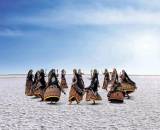
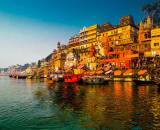
6 Nights 7 Days tour
Lucknow, Naimisharanya, Prayagraj, Varanasi Ajodhya Package Tour
₹50,000/-
PER PERSON


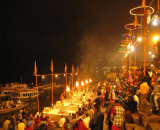

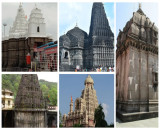
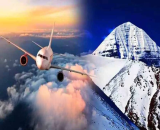

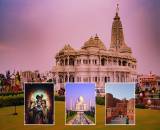
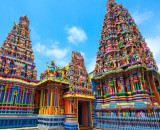

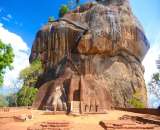


03 Nights / 04 Days
Amarnath Yatra by Helicopter from Chennai, Bangalore, Delhi, Hyderabad, Kerala, Mumbai
₹35,000/-
PER PERSON










